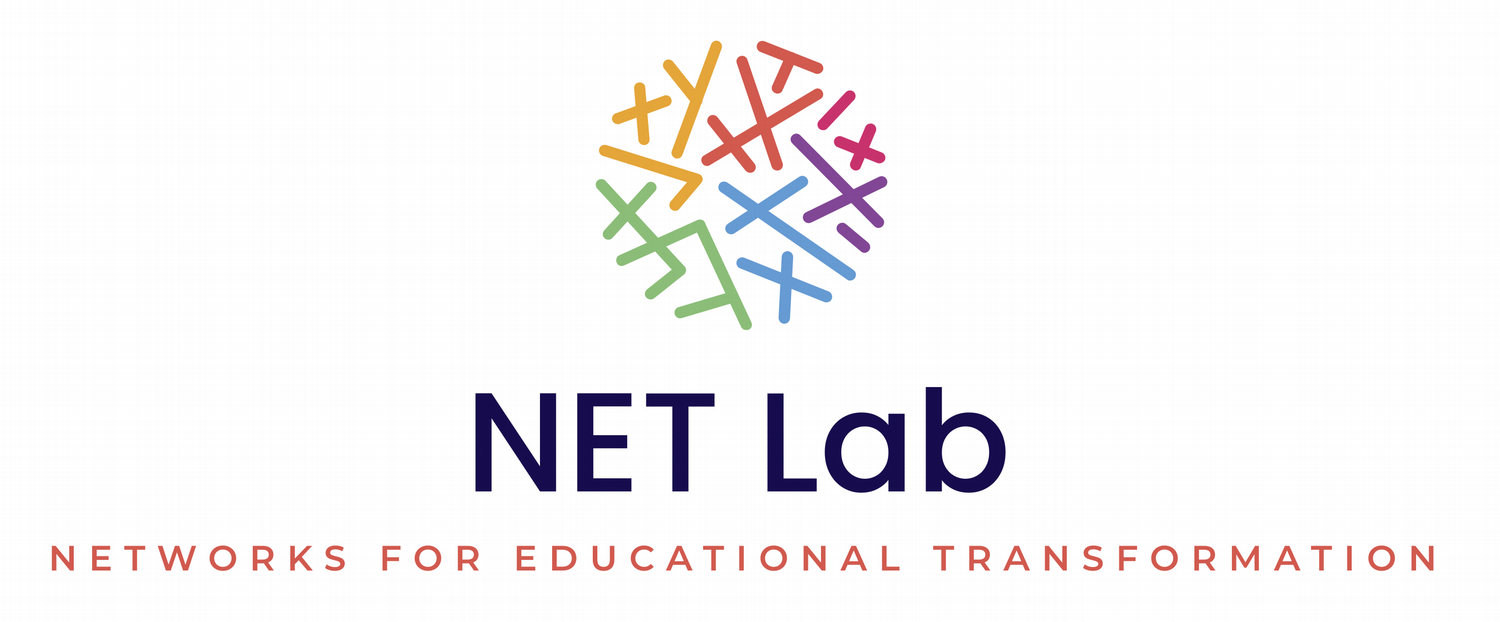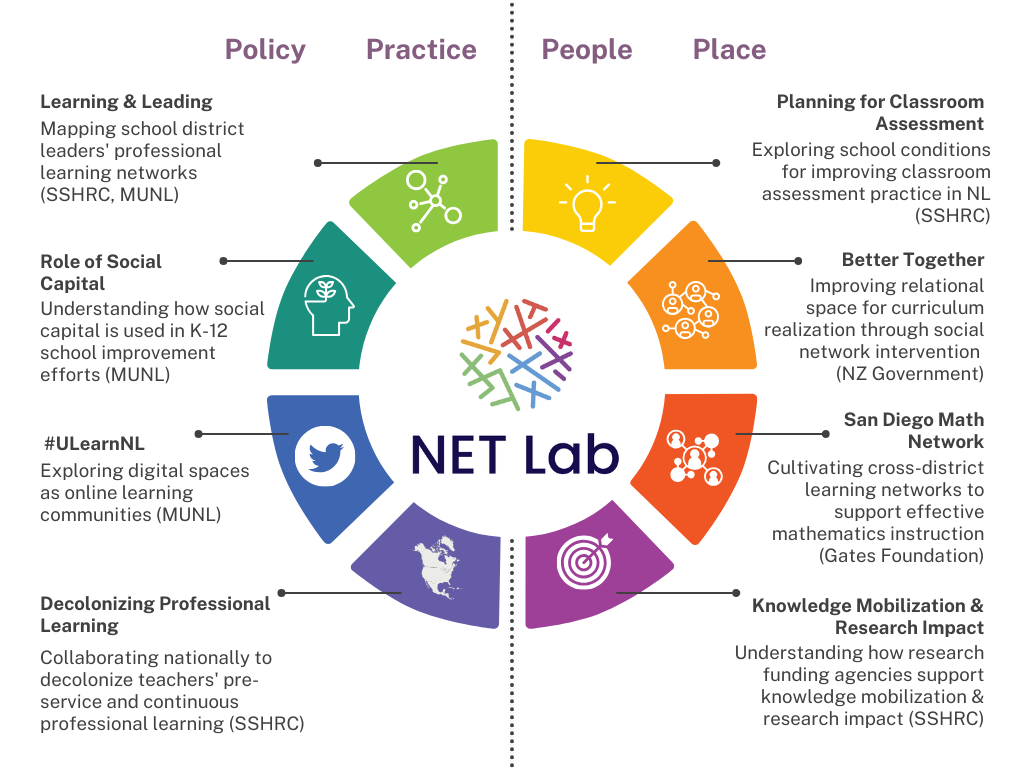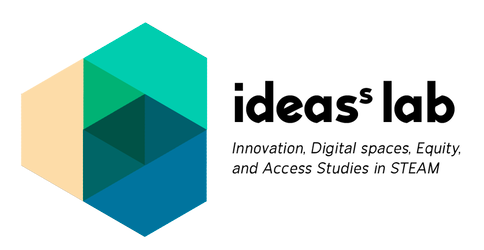Research Labs
Dr. Bill Muirhead and Dr. Lorayne Roberston are the directors of the Collaboratory for Policy and Leadership Lab.
Overview
We chose a collaboratory because the Centre for Educational Leadership and Policy employs a model of working with universities, school districts and other research sites called research as co-learning. In co-learning research, all of the participants involved in the research project have a voice in all aspects of the research.
Why a Collaboratory Now?
Over the past several years, we have seen challenges emerge that were unforeseen before the global pandemic. Our response to the pandemic has been driven by both policy decisions involving all aspects of educational context and leadership by those leading our individual and collective reactions to the challenges all educators are facing. A collaboratory is an effort to bring a collective effort to examining and undertaking research that informs educational contexts across the globe.
Research
Click here for the most recent research (Publications, Chapters and Graduate Students).
The Educational Informatics Laboratory (EILab), led by Dr. Roland van Oostveen, is used by a group of researchers who share a social-constructivist vision of education. These like-minded researchers from a number of the university's faculties consider that, with the adoption and use of digital technologies across all sectors of society and in most parts of the world, the representation, generation, and dissemination of information—and the concept of knowledge itself—is changing.
This lab is officially recognized by the Canada Foundation for Innovation on the Research Facilities Navigator Database.
Overview
The rapid evolution of digital technology and the information revolution have a significant impact on the need for continuing education across disciplines. At the EILab, researchers are working on a series of projects regarding the concept of informatics as applied to various disciplines in the context of lifelong learning, including education, health, and sciences.
One common element among these researchers is the various projects in the study of human-computer-human interaction in different forms of online learning. They share an objective to develop research initiatives in:
- Computer-mediated communications
- E-learning
- M-learning (mobile learning)
We share a vision that moves education from content-centred, teacher-driven designs to process-centred, learner-driven approaches to building new theories, practices, structures and processes of knowledge creation, preservation and transmission.
Dr. Robyn Ruttenberg- Rozen leads the Ideas Lab team, which includes:
- Dr. Tapo Chimbganda
- Dr. Rob Elkington
- Dr. Marc Husband
- Dr. Ami Mamolo
- Dr. Helen Thouless
Overview
This lab brings together a community of scholars researching innovative practices and strategies in Science, Technology, Engineering, Art, and Mathematics (STEAM), as well as exploring access and equity both in and out of digital spaces.
Current projects include:
- Leveraging the digital economy to support women of colour in postsecondary STEAM education.
- Technology and task design.
- Emerging issues in higher education leadership.
The Mental Health in the Digital Age (MHDA) Lab is led by Dr. Jennifer Laffier, an Assistant Professor in the Faculty of Education, and a registered creative arts therapist and psychotherapist with over 25 years of experience in the mental health field.
Overview
The MHDA Lab is a research hub that explores how technology is impacting human development and well-being across the lifespan. Research and community-based projects focus on research to practice ideas for optimum well-being and learning.
Goals
It is the MHDA Lab's mission to support individuals and communities by conducting research and outreach work in the following areas:
- Individual and collective (community) mental health.
- Technology's role in human development and well-being.
- Digital wellness and digital self-intelligence.
- Socio-emotional learning and emotional intelligence.
- Positive psychology and authentic happiness, thriving, and flourishing.
- The intersection of learning and mental health.
- Psycho-education in schools, workplaces, and communities.

The NET Lab - Networks for Educational Transformation - is a research group led by Dr. Joelle Rodway that seeks to understand educational change and leadership by focusing on the interconnections between policy, practice, people, and place.
Descriptors: social capital; relational space; social network analysis; professional learning; knowledge mobilization; educational change; leadership; policy.
Recent NET Lab projects

Research program
Leaders intuitively understand how relationships contribute to positive learning, productive work environments, and success. Yet, when asked directly about the social spaces in relation to their work, many education leaders struggle to articulate how they cultivate and attend to the social infrastructure within their organizations. This disconnect is not surprising given research suggests that although social relations are widely accepted as an important part of organizations, they remain undervalued in discussions of leadership.
Social network research focuses on how social capital (e.g., advice, information, social support) is exchanged through social interactions and makes it abundantly clear that relational patterns have direct implications on numerous aspects of leadership and educational change. Until recently, social networks have been the focus of little attention in education research.
Research in the NET Lab is all about social networks and how they contribute -- positively and/or negatively -- to change efforts in education contexts.
Current projects
Decolonizing Professional Learning
Objective(s): To develop a national educational change network that shares how local/regional/provincial programs of research work with equity-deserving groups to develop relational pedagogies and accountability, and to reconstitute professional learning as a collaborative and transformative practice.
Co-led with Dr. Leyton Schnellert (UBC), Dr. Nicholas Ng-a-Fook (University of Ottawa)
The Role of Social Capital in School Improvement (A Scoping Review of Academic Literature)
Objective(s): To understand how social capital theory has been taken up in academic research focused on leadership and system improvement, and what we have learned from this body of work.
Learning & Leading: How School System Administrators Position Themselves as Learners in their Organizations
Objective(s): To explore how senior school administrators (i.e., directors and superintendents) cultivate personal learning networks to support their professional learning goals and leadership practice.
Interested in joining the team, or looking for more information? Contact Dr. Rodway at joelle.rodway@ontariotechu.ca
The PHE WISE Digital Culture Lab, led by Dr. Wendy Barber, is comprised of researchers, teachers, clinical psychologists, coaches and leaders who advocate for Physical Health Education and Sport in Canada.
This lab is officially recognized by the Canada Foundation for Innovation on the Research Facilities Navigator Database.
Overview
The goal of this lab is to situate Physical and Health Education in evolving digital culture; to develop a place where educators and sport leaders can leverage technology to build a culture of healthy movers, healthy communities and a healthier Canada.
We aim to promote resilience, wellness, and a healthy lifestyle, using digital technology to facilitate sustainable and meaningful PHE programs. Our lab is home to a group of creative and motivated thinkers who push the boundaries and implement engaging digital lessons that encourage students, teachers, and parents to get active.
Dr. Janette Hughes, Canada Research Chair (Tier 2) in Technology and Pedagogy, leads the STEAM-3D Maker Lab. The STEAM-3D Lab team is made up of faculty and graduate students proficient in K-16 education, STEAM, maker pedagogies, global competencies, and more.
This lab is officially recognized by the Canada Foundation for Innovation on the Research Facilities Navigator Database.
Overview
The STEAM-3D Maker Lab is located in Charles Hall at the university's downtown Oshawa location. The lab’s physical space features a variety of ‘plugged’ and ‘unplugged’ maker tools students can engage with to ideate, design/re-design and share their work with peers, teachers and the greater community. Some of the most commonly used tools include:
- 3D printers (both additive and subtractive)
- circuit-building kits (sticker circuits, LittleBits, Makey Makey kits)
- programmable robots (AI robot Cue, Sphero, BB8, JIMU)
- LEGO Mindstorms
- Osmo
- Virtual reality tools, such as PlayStation VR
We view making and the design process as ways to engage in meaningful and deep learning that is both personally relevant and connected to the real world. In this inquiry-based learning environment, we encourage learners of all ages to freely engage in open-ended and collaborative problem-solving, making and design. Our Lab is also equipped with various iPads (Airs, Pros) and MacBooks, along with in-ceiling video and audio devices for fluid and non-intrusive recording for research purposes. It also includes teleconferencing equipment for virtual collaboration in cross-Canada and international research partnerships.
Dr. Hughes and her team are also committed to community outreach and teaching for equity, diversity and inclusion. As a result, we partner with educators on social justice-oriented research (both in the lab and offsite). We also host a variety of community groups, local businesses and the public in the lab, along with pre-service and in-service educators for making sessions and professional development. We have partnered with General Motors of Canada (Women and Girls in Engineering) and with the Ontario Ministry of Education and Council of Directors of Education (Impact of Making on Teaching and Learning). Our research team is committed to innovative and creative forms of research dissemination, by leveraging social media and using digital tools of all kinds.
Visit the STEAM-3D Maker Lab website for research overviews, updates on research projects, dissemination and educational resources. You can also follow the lab on Twitter, Facebook, and Instagram.
Dr. Jia Li is the director and primary investigator of the Technology Advances for Language, Literacy, and Learning (TALLL) Lab. The TALLL team is comprised of faculty, graduate students, and educators who specialize in language learning, data-driven language and literacy interventions, educational technologies, instructional design, and more.
Overview
Applying an interdisciplinary research approach, the TALLL Lab aims to better understand the cognitive process of language acquisition in the first and second language teaching and learning contexts, interacting with complex socioeconomic and sociocultural factors. Thus, we can develop innovative, sustainable, culturally responsive data-driven interventions using emerging technology to support diverse K-12 and university students, in particular Indigenous youth, Black adolescents, immigrant and refugee students from low-income families, and linguistically and culturally diverse English language learners. Primary objectives of the TALLL Lab include:
- To develop an in-depth and timely understanding of the multi-level interactions between digital technologies and the various stakeholders within a school community, including teachers, students, parents, and school administration.
- To transform teaching and learning pedagogy using digital innovation and disruption.
- To develop and use innovative, rigorous assessment measures to evaluate the impact of digital technologies in education, the effects of teaching and learning multiliteracies, and language and literacy skills using digital technologies.
- To address the urgent needs of underrepresented student populations (e.g., Indigenous students, racialized minority students, low-income, refugee and new immigrant students) and critical situations (e.g., school closures and education disruption due to Covid-19) by leveraging digital technologies to develop sustainable and culturally relevant programs that are in tune with diverse students’ aspirations and lived experience.
Research
Recent TALLL Lab projects have included:
- A multidisciplinary approach to developing digital technology-supported, culturally responsive language interventions for Indigenous Youth in Remote or Fly-In First Nations Communities (2018 - 2023)
- Intervention Studies of using mind mapping apps to enhance university students and English learners’ academic writing skills across curriculum and in discipline (2021-2023)
Please visit the TALLL website for more information.





